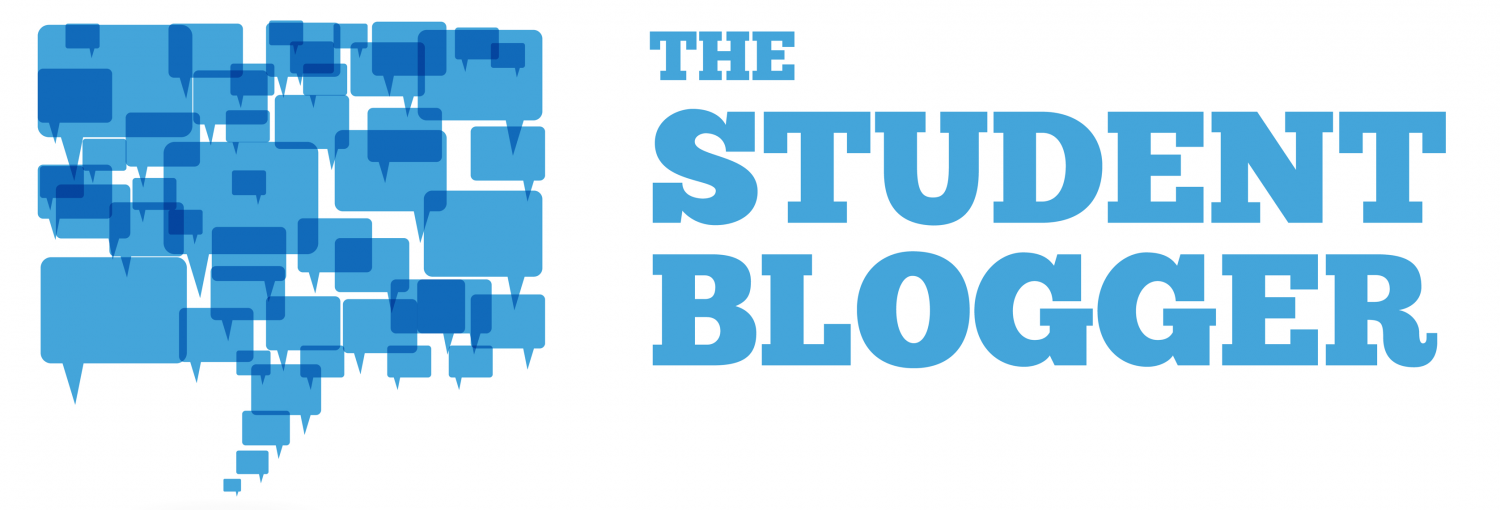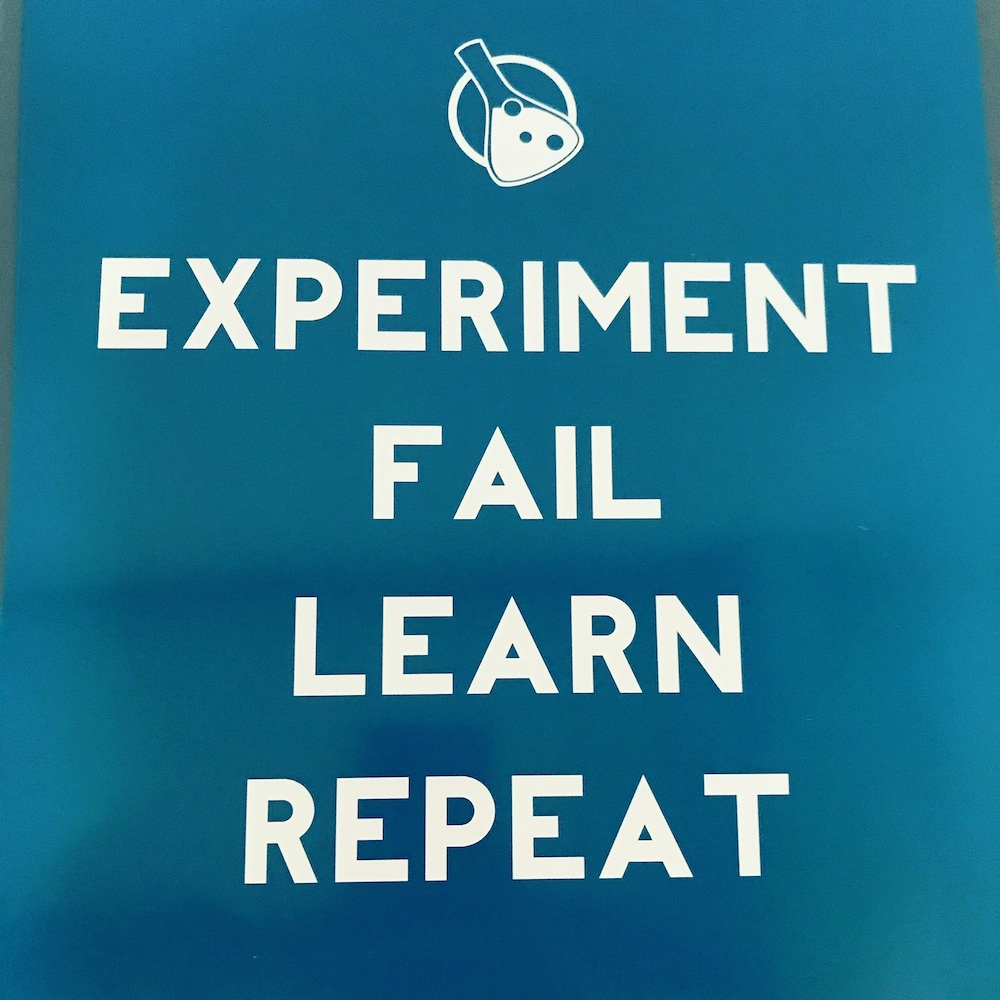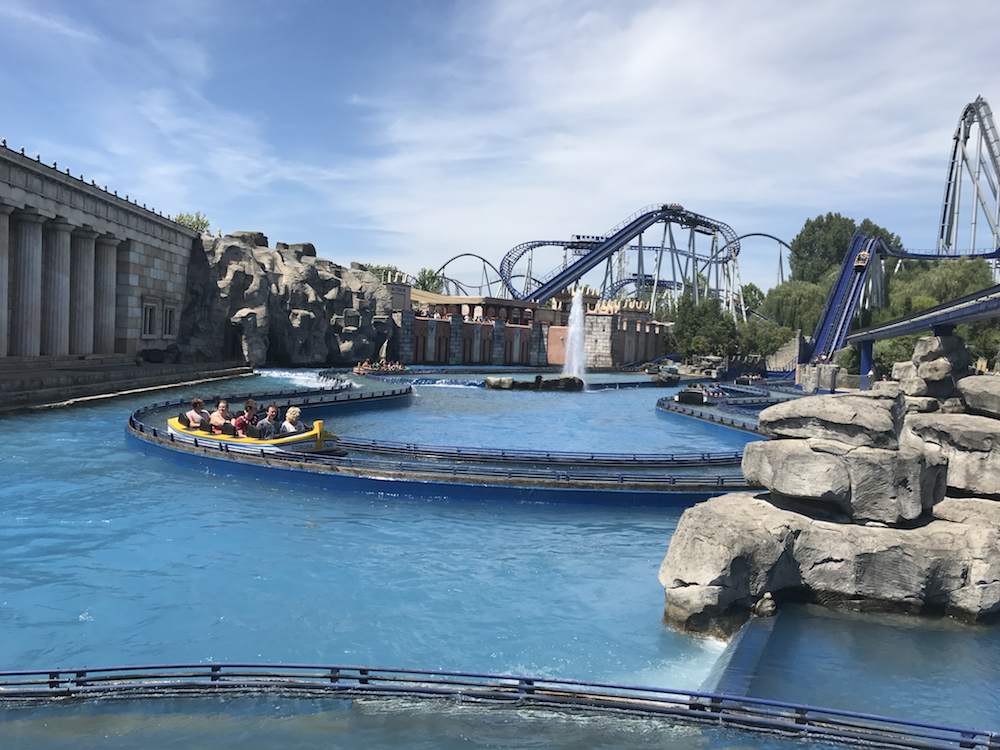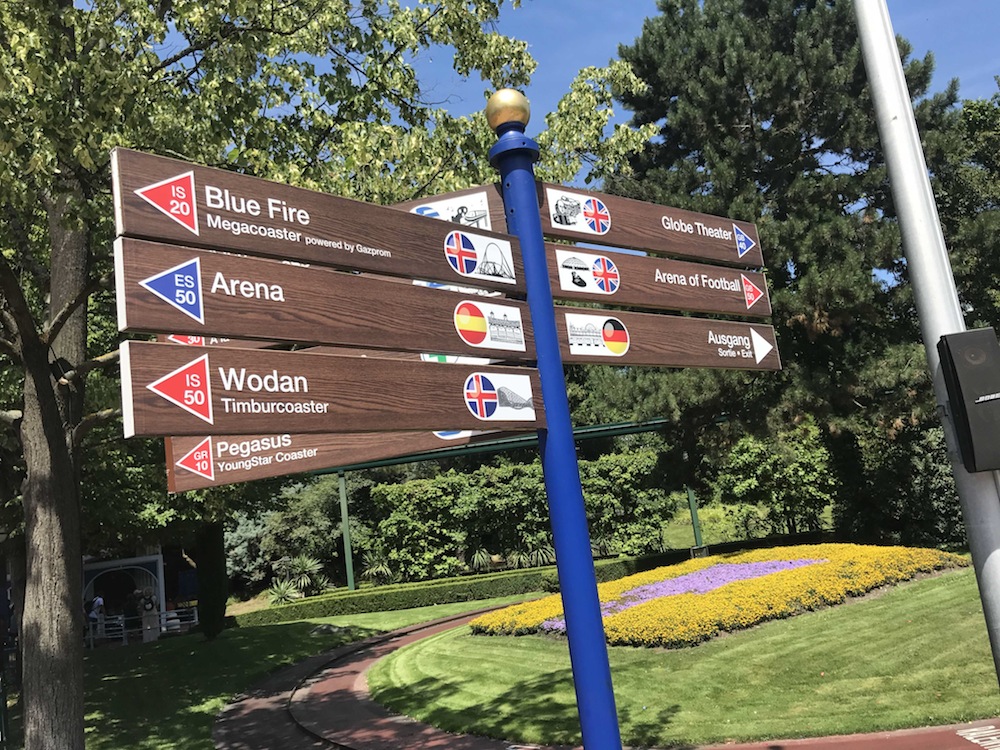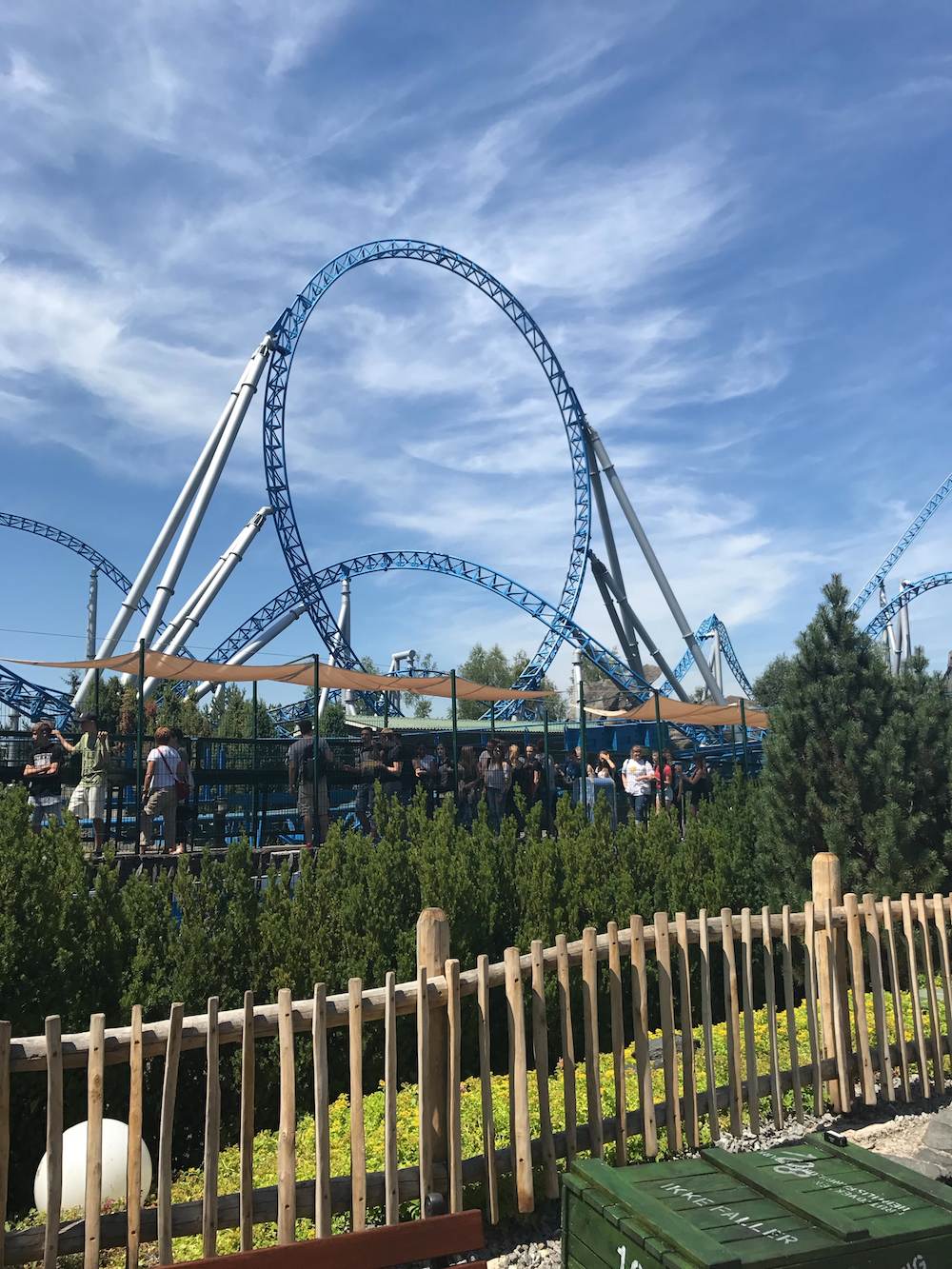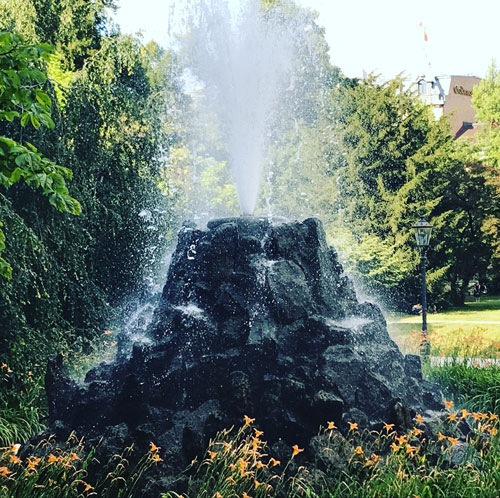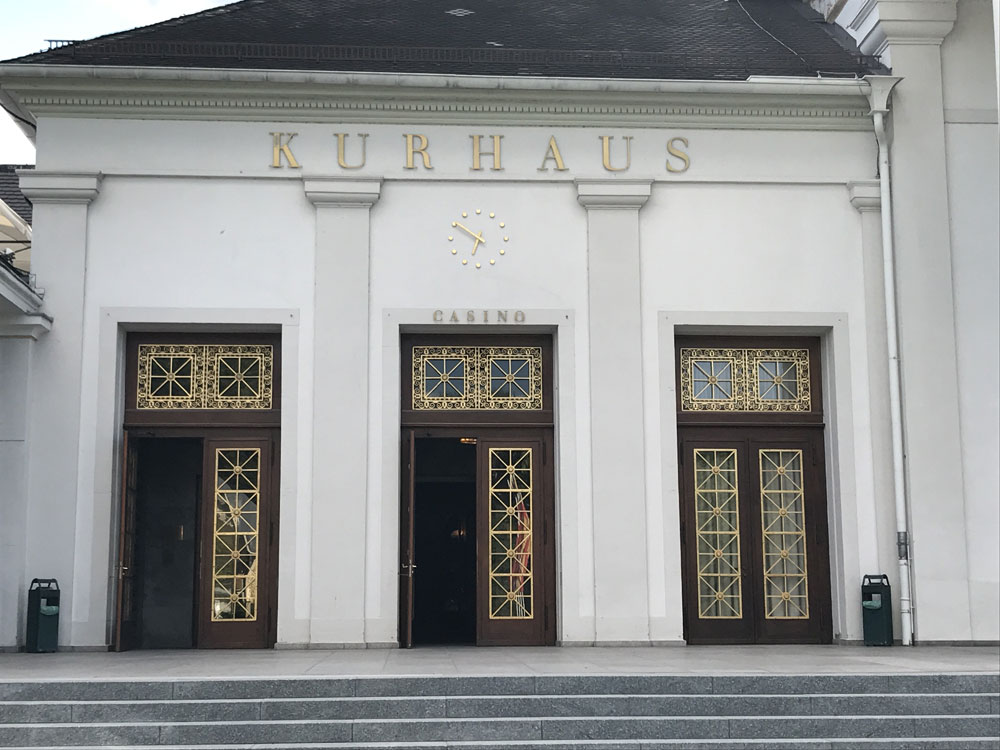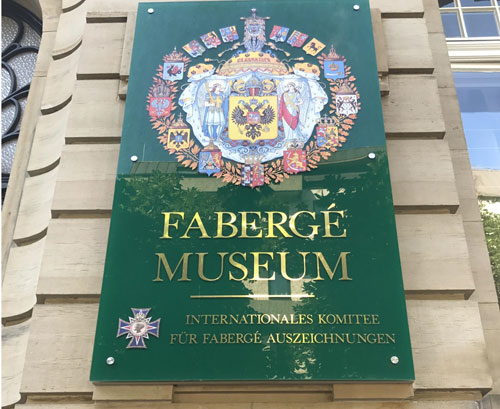Are you debating whether studying or working abroad is worth it? Or if the experience you get is as amazing as everyone tells you?
When we were invited to check out what the German city of Karlsruhe, the spa town of Baden-Baden and the Europa-Park theme park have to offer students, our roving reporter Luke jumped at the opportunity to see the study and employment opportunities on offer first-hand. Here’s his report…
Karlsruhe
Karlsruhe is the second-largest city in the state of Baden-Württemberg, in southwestern Germany. It is close to the French–German border, with a population of a little over 300,000, and boasts a vibrant student life, being home to Karlsruhe Institute of Technology (KIT), one of the largest research and educational institutions in Germany, along with a number of other institutions, including the renowned Center for Art and Media (ZKM).
My time here was spent having a little look around KIT, which was formed by the merger of the Forschungszentrum Karlsruhe GmbH and the Universität Karlsruhe (TH) in 2009 and combines the roles of a research centre and a university in research, teaching and innovation.

The living costs in Karlsruhe are reasonable compared to many other European cities. To help give students an idea the likely costs, KIT provides a handy guide to the average cost of living for a student in Karlsruhe.
To get an accurate feel for an institution and the surrounding area I’d always recommend visiting a university open day, not only to get a feel for the local town or city, but also to view the student accommodation on offer as well as meeting other potential students.
The Karlsruhe TechnologieRegion (KTR) – an action group made up of businesses, chambers of commerce and industry, scientific institutions and public authorities – is committed to strengthening and promoting the region as a hub for business, science, innovation and technology, with a specific focus on mobility, energy and IT.
The region spans over 3,000 square kilometres with a population of 1.24 million, and has become one of the most successful business and innovation locations in Europe. KIT tops a list of over 40 universities and research institutes in the region – check out the KTR website for information and advice about the business, science, engineering, innovation and technology courses and opportunities available in the region.
Tution fees in Germany
In October 2014, Germany’s 16 states abolished tuition fees for undergraduate students at all public universities, which means that both German and international (EU and non-EU) undergraduates at these universities can currently study for free, with just a small admin fee and some other costs each semester. However, the state of Baden-Württemberg, which includes Karlsruhe, has announced that it will be reintroducing tuition fees for non-EU students from autumn 2017, and the country’s private universities also charge tuition fees.
But free/cheap doesn’t always mean good, right? Well, KIT, for example, is ranked 107th in the QS World University Rankings 2018 and joint 144th in the The Times Higher Education World University Rankings 2016–17, putting it in a similar position to the University of Southampton in the QS ranking and the University of Nottingham in The Times Higher Education ranking.
If you need financial support for your studies, there are various scholarships available based on things like the subject you’re taking, your academic achievement and where you are from. You can find out further information from the DAAD website.
Do I need to speak German?
Of course, like most European countries, you can get away with just speaking English (as a lot of the courses are offered in English and for many jobs, particularly in IT, German is not required). You will, however, miss out on a lot of the culture, a great chance to learn a new language you can use as you learn and perhaps many new opportunities and friends!
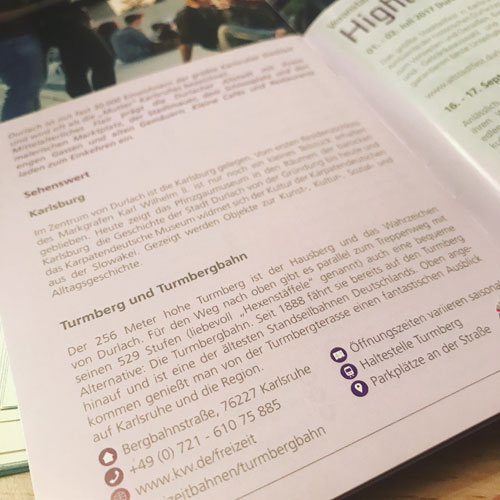
KIT gives exchange students the opportunity to attend a three-week intensive German course before they start, while other universities also offer similar orientation services. There is also the chance to find a German Partner (and other language partners) through the International Student Center’s tandem service where you can learn the language by sharing your knowledge of English. If that doesn’t take your fancy there are also many other private language schools in the area.
Studying in Germany
To study abroad in Germany, the application procedure is pretty similar to what you would undertake applying in the UK. You need a verified education equal to the German general and subject specific admission qualifications (for example, as you might expect you would need to have studied biology if you wanted to take it on to a higher level).
If you don’t want to take your entire degree abroad, many universities offer student exchange programs that allow you to study abroad for a year or a semester or even for just a few weeks. You can get information about these from both the main university you plan to study at as well as the host university you’d like to spend time at.
If you are coming to study in Germany from a country in the EU or European Economic Area (EEA), then you will have free access to the German job market after graduation. If, however, you are coming to study in Germany from outside the EU/EEA, then you are allowed to extend your residence permit for up to 18 months after completing your studies for the purpose of looking for employment, and during this period you can work as much as you want. The 18 months start as soon as the final exam result has been issued in writing, and you have to return to your home country if you aren’t successful in finding work at the end of this period. You can find out more from the DAAD website.
Working while you study
As a student in Germany, you can work part time to help to support yourself, and there are a variety of hotels, museums and research institutes in the Karlsruhe area offering student-friendly employment opportunities. A number of students also find employment at the Baden-Baden casino mentioned previously. You can work up to 20 hours per week during the semester and there is no limit during term breaks (non-EU/EEA students can work a total of 120 full or 240 half days per year). You can find out more about working in Germany as a student from the TRK and DAAD websites.
Opportunities for graduates
Karlsruhe is well represented on the business map with large companies such as Siemens, Bosch and L’Oréal in the region. Many other small and medium-sized businesses are also based in the area as they find fertile ground in which to grow and collaborate.
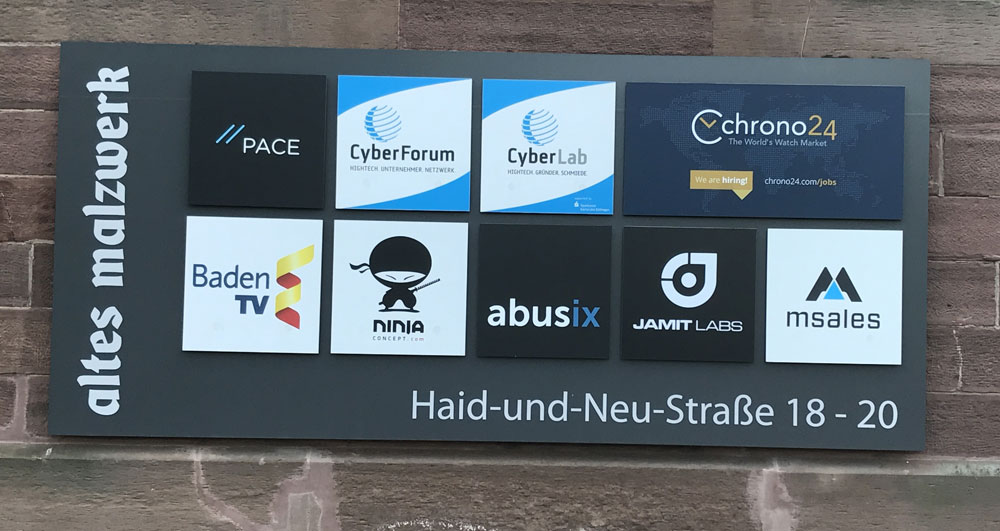
A fascinating aspect of the region is its SmarterCity initiative, where companies are encouraged to collaborate on things such as transport, energy and culture, leading to faster development and lower costs and huge economic benefit.
With the local universities working together with business it provides an exciting place to graduate, whether you wish to join an existing company and form a collaborative partnership with other people to further your research undertaken at university and create new and exciting developments and opportunities.
The CyberForum in Karlsruhe is a network for high-tech business and provides space and helps facilitate the creative collaborative process between business and universities. The vast majority of people utilising this growth hub for their high tech ideas are in their 20s, many from local universities, so it’s an exciting time to be studying or working in the region. The CyberForum also helps to place international apprentices and runs an Open IT programme to help international students whose degrees aren’t recognised in Germany to find work matching their talent.
The TRK website provides has a great wealth of information on the administrative steps you need to take to get registered with the local authorities and work in Germany, and also offers advice on finding employment in the region.
Summer jobs at Europa-Park
Perhaps studying for three years abroad isn’t your thing, but you still want the chance to experience living and working in a foreign country? Maybe you’re looking for somewhere to use as a base to explore Continental Europe or as a taster to see whether you’d like to move abroad? If so, then Europa-Park’s European Summer Programme could be for you!
Despite being Europe’s second biggest theme park after Disneyland Paris, Europa-Park is little known in the UK. Located in Rust in southwest Germany, between Freiburg and Strasbourg in France, it has over 100 attractions, including 11 roller coasters, and is split into different European sections where you can experience themed attractions and cuisine. It is therefore quite appropriate that it provides a European Summer Programme where you can apply for a minimum placement of three months and gain international experience in the Merchandising & Sales, Food & Beverages or Park Operations department.
The programme is run by students for students – it’s designed as a once-in-a lifetime experience where students from all over Europe come to Europa-Park to work. Not only does the programme provide accommodation and an hourly wage, it also includes free training opportunities for you to learn additional languages such as German, Spanish and French (plus you’ll be able to test many of them out on the job!).
Whilst with the programme, you’ll be working for a maximum of four days a week with three days out of work. One of these three days is spent on an arranged trip exploring somewhere in Germany with the other members of the programme and the remaining two are yours to explore or relax!
The application process starts with an online form – if you are then successful you’ll be invited to an interview. To stay true to the European theme of the park, they like to ensure they have as many different countries represented on the programme as possible to give an authentic European experience. And don’t worry if your holidays from university don’t quite match the start dates, as I was promised they try to be flexible to give as many applicants as possible the chance to join. For more information on the programme and to apply, check out the Europa-Park website.
Baden-Baden
My whistle-stop tour also took in Baden-Baden, a spa town on the western border of Germany sitting inside the Black Forest, about 45 minutes’ drive from Karlsruhe. The area is well known for its thermal waters, which were discovered by the Romans who named the springs Aquae (‘The Waters’). The area became particularly popular after the visit of the Prussian queen in the early 19th Century and, in its heyday In the ‘Roaring Twenties’, Baden-Baden was a cultural and artistic centre frequented by royalty and celebrities alike, which earned it the nickname of ‘Europe’s summer capital’.
Casino Baden-Baden
Marlene Dietrich famously declared Casino Baden-Baden to be ‘the most beautiful casino in the world’, and I might have to agree! This French-style chateau boasts glamourous interiors by Parisian designers and has the perfect setting too, with a stunning backdrop of the Black Forest.
In the early 20th Century, Europe’s high society gathered at the casino and spa resort to holiday, conduct business, and attend balls and other events. Over the years, Casino Baden-Baden has been modernised while keeping its historical charm, and, perhaps unsurprisingly, there is a dress code as well as an entry fee to ensure that it remains an elegant and upmarket place to be. Unfortunately you aren’t allowed to take photos inside the casino during its hours of operation, so I didn’t get any photos of the stunning interior, but you can do so if you visit in the morning,
Fabergé Museum in Baden-Baden
The privately owned Fabergé Museum in Baden-Baden is devoted to the life of the famous Russian tsar jeweller Carl Peter Fabergé. Its unique collection features over 1,500 exhibits, representing the entire spectrum of Fabergé’s work, from the famous imperial Easter eggs of the tsar family to items of jewellery created during World War I. If you get a chance to view the items on exhibit I highly recommended it – the Easter egg collection is incredible!
Baden State Museum
Karlsruhe Palace has been home to the Baden State Museum – a cultural collection of art and historical living environments from pre- and early history, ancient cultures, the Middle Ages, the baroque period and into the 21st century – since the 1920s. It also has a tower viewing point, which offers incredible views over the gardens and surrounding area.
The area has a lot more places of potential interest including the Town Hall, Botanical Gardens and many museums. And don’t forget the fantastic range of spas in Baden-Baden and how close you are to the scenic forest landscape of the Black Forest National Park.
Getting around
Karlsruhe, Baden-Baden and Europa-Park are all easily accessible from Karlsruhe/Baden-Baden (FKB) Airport. Ryanair offers direct flights from London Stansted, with prices starting from £14.99 each way and a flight time of 1 hour 35 minutes. Once in Germany, the easiest way to get around is by car, although the German public transport system is very good and fairly priced.
Studying or working abroad provides you with many opportunities and skills you simply don’t get in the UK. Not only does it widen your cultural horizons, but it can give you hands-on experience using and learning another language as you go. It puts you in challenging situations and ultimately gives you valuable experience for whatever you decide to pursue as a career – and wherever in the world you choose to do it!
